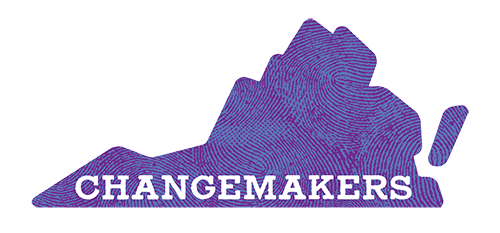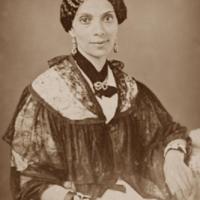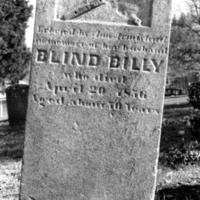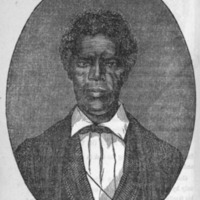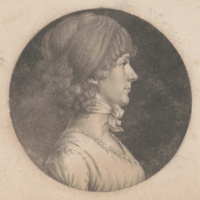Expansion and Reform
1800-1860
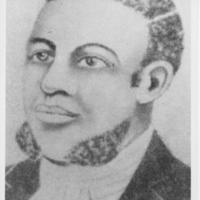
Between 1800 and 1860, the United States underwent a period of increased territorial expansion, immigration, economic growth, and industrialization. At the same time as the nation was increasing in population and size, regional differences were becoming more and more pronounced, and politically confrontational. The idea of “Manifest Destiny” led to movements first across the Appalachians, then across the Mississippi, and finally with the goal of reaching the Pacific Ocean, encouraged by the Gold Rush. This expansion, however, did have some negative results, most notably, the removal of many Indian nations in the Southeast and old Northwest. While the Louisiana Purchase increased the size of the nation more or less peacefully, large amounts of square footage were also acquired through the America’s victory in the Mexican-American War.
Economic development, while increasing wealth and prosperity, also brought regional differences more sharply into focus. While the North began its path of Industrial Revolution, its increased urbanization and technological advancements separated it even further from an agrarian South. There was also a "transportation revolution" involving railroads, canals, and trans-regional roads, many times centered in the North. Slavery was also becoming a larger factor in the South, and would cause strife and political debate as new territory was added to the Union, particularly in the case of the Missouri Compromise and the Kansas–Nebraska Act which effectively repealed it. Despite expansion, free African Americans and women were still largely disenfranchised. Reforms movements occurred in bursts, setting the stage for post-Civil War major reforms.
Learn more in the National U.S. History Content Standards.
Economic development, while increasing wealth and prosperity, also brought regional differences more sharply into focus. While the North began its path of Industrial Revolution, its increased urbanization and technological advancements separated it even further from an agrarian South. There was also a "transportation revolution" involving railroads, canals, and trans-regional roads, many times centered in the North. Slavery was also becoming a larger factor in the South, and would cause strife and political debate as new territory was added to the Union, particularly in the case of the Missouri Compromise and the Kansas–Nebraska Act which effectively repealed it. Despite expansion, free African Americans and women were still largely disenfranchised. Reforms movements occurred in bursts, setting the stage for post-Civil War major reforms.
Learn more in the National U.S. History Content Standards.
Recently added items
Mary Peake
Mary Smith Kelsey Peake was an educator of both free and enslaved African Americans prior to and during the Civil War.
Noah Davis
Born into slavery, Noah Davis raised more than $4,000 to free himself and his family members during the 1840s and 1850s.
Mary Randolph
As author of The Virginia House-Wife (1824), the first American regional cookbook, Mary Randolph transformed cooking and household management in ways that continue to influence chefs and domestic supervisors.
